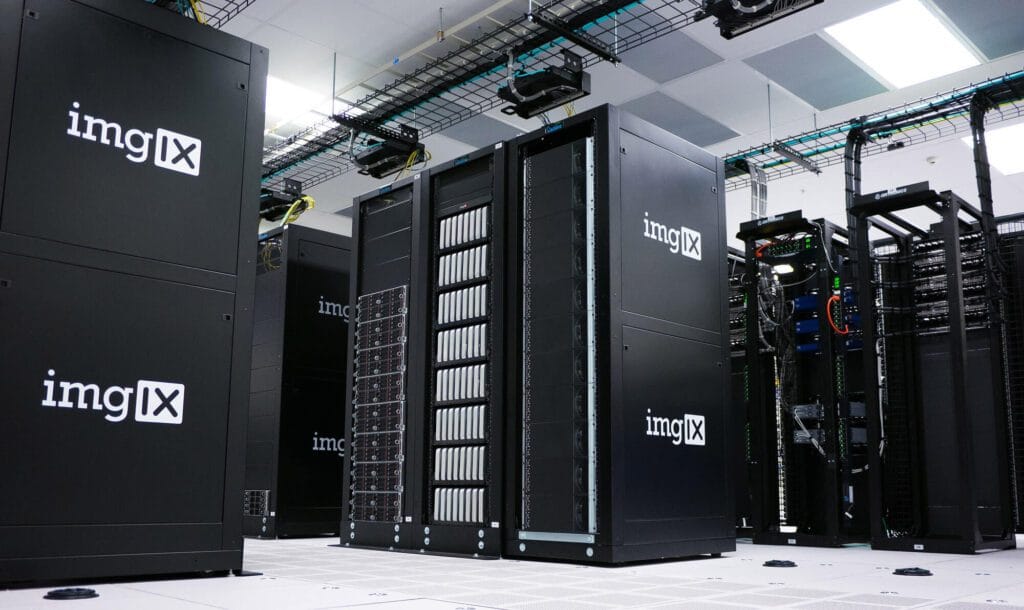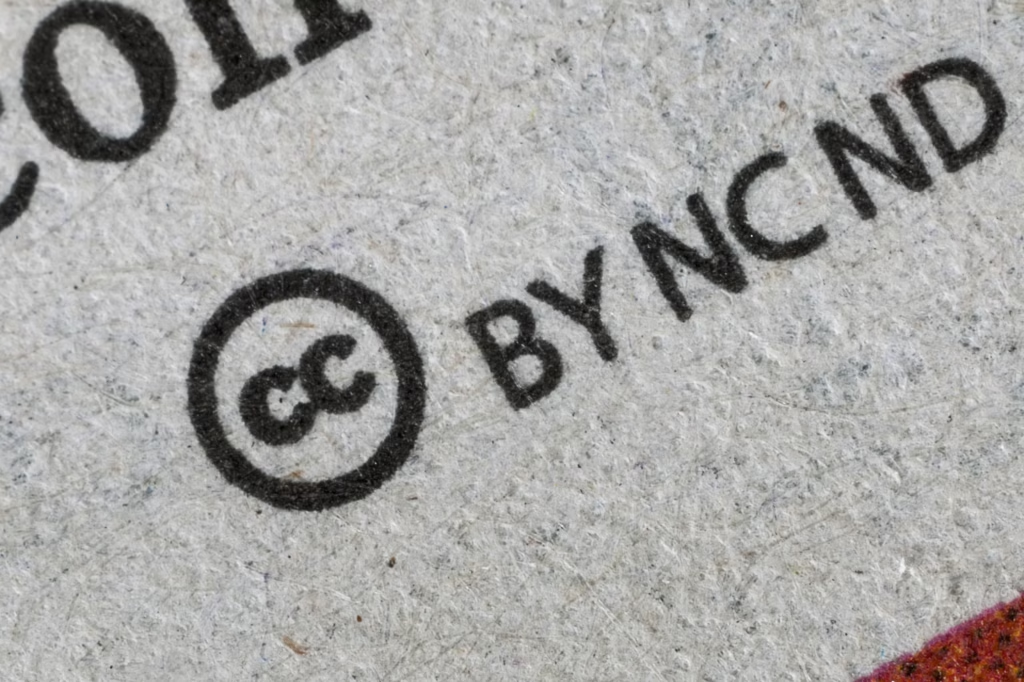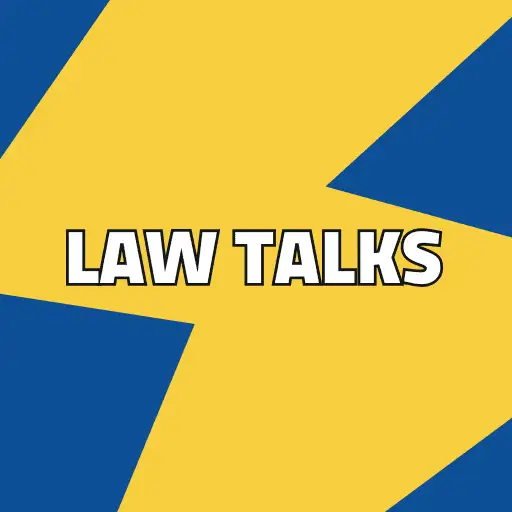Introduction: The Rise of Generative AI and Its Legal Challenges
Generative AI is transforming industries, from content creation to software development. Tools like ChatGPT, Midjourney, and Firefly are revolutionizing productivity.
However, this rapid adoption comes with complex intellectual property risks. Who owns AI-generated content? Does AI training violate copyright laws? Can businesses safely use AI without legal repercussions?
This article explores how businesses can harness AI responsibly while avoiding legal and ethical pitfalls.
How Generative AI Works: The Power Behind Content Creation
AI-Generated Content and Machine Learning
Generative AI operates through deep learning algorithms trained on massive datasets. It analyzes patterns in data and generates new content based on user prompts.
These AI models can produce
✔ Text including articles, marketing copy, and code
✔ Images such as artwork, designs, and product visuals
✔ Audio including music and speech synthesis
✔ Video such as animations, deepfakes, and automated clips
When a user provides a prompt, AI processes billions of calculations to generate an output. However, tracing its sources is nearly impossible.

The Cost of AI Innovation and Competition
Developing AI is resource-intensive. Companies like OpenAI and Google invest billions in computing power and data collection.
For businesses, the dilemma is whether to develop proprietary AI models or rely on third-party tools. While third-party AI is cost-effective, it brings significant legal uncertainties.
Transitioning from theory to practice, let’s examine the legal minefield businesses must navigate.
The Intellectual Property Minefield in AI Development
Is AI Training Data an IP Violation
Most AI tools learn from vast datasets scraped from the internet. However, this raises questions about copyright infringement. AI may be trained on
✔ Public domain content
✔ Licensed datasets
✔ Copyrighted materials such as articles, books, music, and code
✔ Private and personal data
Many AI developers argue fair use justifies training on copyrighted works. However, lawsuits are mounting, challenging this claim.

Major AI Copyright Lawsuits Setting Legal Precedents
✔ Artists vs Stability AI, Midjourney, and DeviantArt Allegations of AI replicating artists’ styles without permission
✔ The New York Times vs OpenAI and Microsoft Accusations of AI using copyrighted journalism without consent
✔ GitHub Copilot Controversy Concerns that AI-generated code violates open-source license agreements
The outcomes of these cases will shape the future of AI and intellectual property laws.
Who Owns AI-Generated Content and Why It Matters
Copyright Laws and AI-Generated Works
Current copyright laws assume human authorship is required. This creates legal grey areas for AI-generated works.
✔ The US Copyright Office refuses to register fully AI-generated art
✔ A Beijing court granted copyright to a user who adjusted an AI-generated image
✔ The European Union is drafting rules to clarify AI authorship
How Businesses Can Protect Their AI-Generated Work
✔ Ensure AI content has human involvement to qualify for copyright
✔ Review AI platform terms to clarify ownership rights
✔ Combine AI-generated elements with original human content

Data Privacy and Generative AI The Hidden Risks
AI and Confidential Information Exposure
Many AI tools store user inputs, raising privacy concerns. If employees enter confidential data, it could be saved and repurposed by AI providers.
How Businesses Can Protect Sensitive Information
✔ Use AI tools with enterprise security features
✔ Restrict employees from entering confidential data
✔ Deploy AI in private cloud environments

Deepfakes and Ethical Concerns A Growing Threat
Legal Responses to AI-Generated Deepfakes
Deepfake technology creates realistic but deceptive videos and voices. While it has creative uses, it also enables fraud and misinformation.
✔ China requires labeling of AI-generated content
✔ The US Federal Trade Commission is investigating political deepfakes
✔ The European Union is drafting regulations for AI transparency
Protecting Against Deepfake-Related Liabilities
✔ Prohibit AI tools that generate unauthorized likenesses
✔ Obtain explicit consent for voice or image synthesis
✔ Label AI-generated content to avoid misrepresentation claims
Best Practices for Responsible AI Adoption in Business
Establish Clear AI Policies and Training
✔ Educate employees on AI risks and best practices
✔ Restrict AI use for confidential business operations
✔ Ensure transparency in AI-generated content disclosure
Conduct Legal and Ethical Reviews
✔ Monitor ongoing court cases and AI regulations
✔ Consult legal teams before integrating AI into workflows
✔ Define clear ownership rights in AI-generated works
Choose AI Tools with Legal Compliance in Mind
✔ Select AI platforms trained on licensed or open-source datasets
✔ Use providers that offer IP infringement indemnity clauses
✔ Deploy private AI solutions to enhance data security

Future of AI and IP Laws What is Next
Upcoming AI Regulations Worldwide
Governments are racing to create AI-specific legal frameworks. Key developments include
✔ The European Union AI Act Stricter rules on AI transparency and bias
✔ US AI Policy Proposals Calls for increased AI oversight
✔ China’s AI Laws The first country to enforce deepfake labeling
How Businesses Can Stay Ahead
✔ Keep up with legal changes and AI compliance updates
✔ Engage in industry discussions on responsible AI use
✔ Implement AI policies that prioritize ethics and security
Conclusion The Future of AI Is Here and Requires Responsible Action
Generative AI offers incredible opportunities, but it also introduces complex legal risks. Businesses must stay informed, adapt policies, and use AI responsibly to thrive in this new era.
By balancing innovation with ethical and legal safeguards, organizations can harness AI’s full potential without falling into legal pitfalls.
The future belongs to those who navigate AI strategically and responsibly. Are you ready


